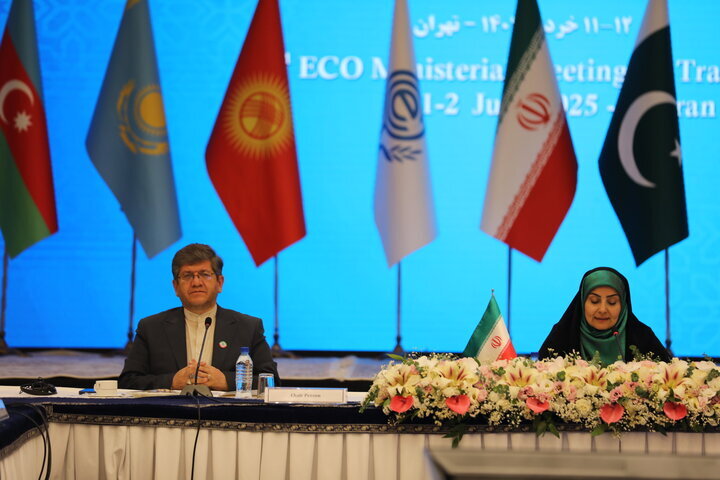
Similar Posts
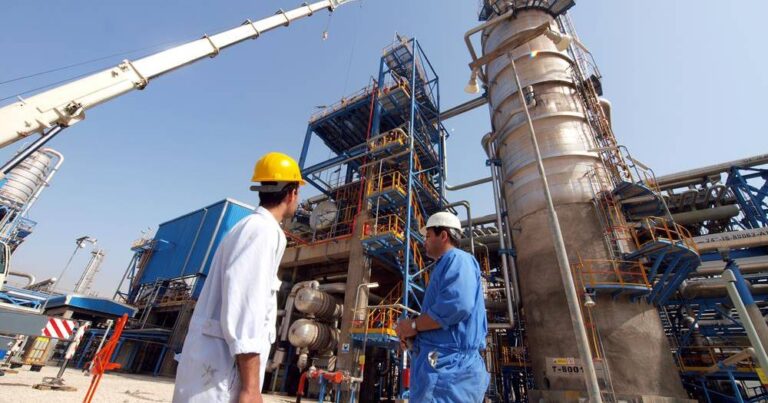
Massive Layoffs: Iranian Oil Workers Dismissed Amid Wage Protest Uprising
In Iran, nearly 150 welders at the Tehran Refinery were dismissed amid protests over four months of unpaid wages, highlighting a crackdown on labor dissent. Additionally, 15 representatives of oil contract workers face potential dismissal for advocating better working conditions for around 120,000 workers. Despite ongoing protests since 2022, including demands for wage standardization and benefits, significant changes remain elusive. The Iranian government has intensified repression, resulting in layoffs, wage cuts, and legal repercussions for protesting workers. This situation raises serious concerns about workers’ rights in Iran as the government continues to suppress calls for fair treatment.

Unlocking Investment Opportunities: How Free Zones Boost Foreign Direct Investment
Free zones are vital in the global economy, attracting multinational corporations with tax exemptions, regulatory flexibility, and streamlined trade processes. They reduce operational costs, mitigate investment risks, and provide duty-free imports, enhancing profitability and access to international markets. Countries like the UAE, Singapore, and China leverage free zones to attract foreign direct investment (FDI). However, challenges such as tax evasion and illicit trade require careful oversight. Policymakers should focus on continuous regulatory improvements, strengthening trade agreements, and fostering public-private partnerships. The rise of smart free zones with digital platforms will further solidify their role in shaping international trade’s future.

GECF Leader Sends Heartfelt Condolences to Iran Following Devastating Port Explosion
The Gas Exporting Countries Forum (GECF) has expressed condolences following a tragic blast in Iran on April 26, which caused significant damage and casualties. Secretary General Mohamed Hamel communicated solidarity in a letter to Iran’s Oil Minister, emphasizing the forum’s commitment to supporting victims and their families. He highlighted the importance of international solidarity and cooperation among member states. The incident underscores vulnerabilities in energy infrastructure and the need for enhanced safety measures. Hamel’s message reinforces the collective responsibility of gas-exporting nations to unite during crises, stressing the significance of cooperation in ensuring energy security.
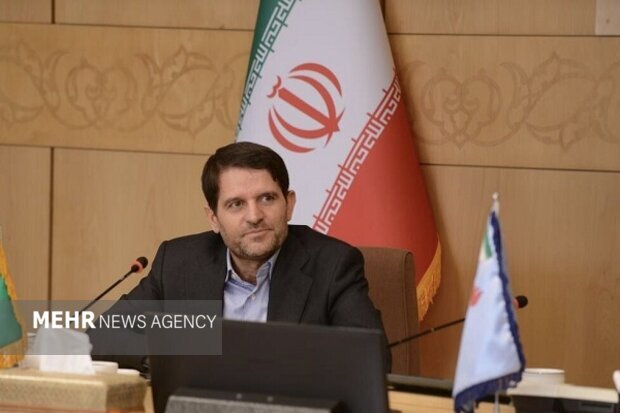
Revealing NPC: The Oil Industry’s Value Chain Champion, Says CEO
Iran’s petrochemical industry has experienced significant growth, achieving a production capacity of around 96 million tons annually, according to Deputy Oil Minister Hassan Abbaszadeh. He emphasized the industry’s importance in the country’s value chain and highlighted key achievements, including the completion of essential chains like methanol and propylene. The National Petrochemical Company (NPC) aims to increase production to 131 million tons during the 7th Five-Year Development Plan. Despite challenges such as global competition and investment needs, the sector shows promise for future expansion and modernization, potentially fostering international collaborations and enhancing Iran’s economic landscape.
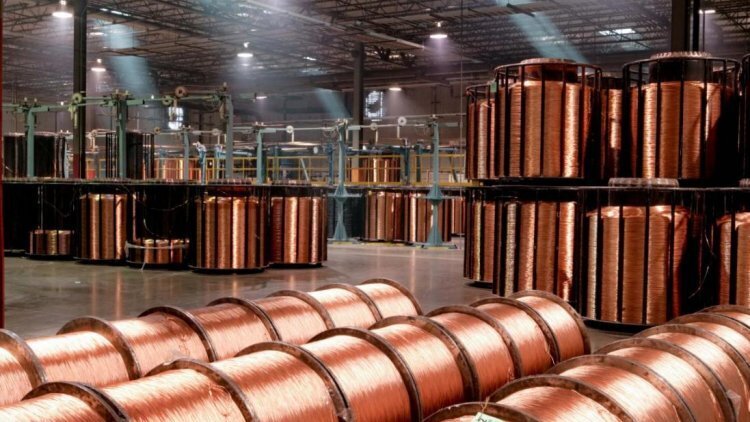
NICICO Sees Significant Surge in Sales Over 10-Month Period: A Game-Changer for the Industry!
The National Iranian Copper Industry Company (NICICO) reported impressive growth, achieving sales of 1,330 trillion rials (about $1.92 billion) from April to January, a 32% increase from last year. Domestic sales rose by 29% to 1,020 trillion rials, while export sales exceeded 310 trillion rials, up 43%. NICICO’s dollar export value soared by 956%. The company attributes this success to a booming minerals sector, spurred by U.S. sanctions on Iran’s petroleum industry. NICICO is also expanding operations, including a major project in Sistan and reporting a three-fold increase in ore deposits at the Sungun mine.
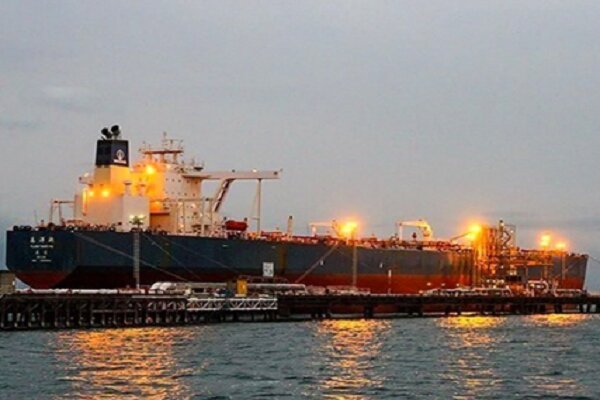
US Unleashes New Illegal Sanctions Targeting Iran’s Oil Exports
The U.S. has imposed new sanctions on Iran’s oil industry, targeting over 30 brokers and shipping companies to reduce crude exports and disrupt oil trade. This action continues the “Maximum Pressure Campaign” initiated during Trump’s presidency and maintained by the Biden administration following the U.S. withdrawal from the 2015 nuclear deal. Despite these efforts, recent reports indicate a rebound in Iran’s oil exports, particularly to China, with a significant increase expected in February. Analysts question the effectiveness of the sanctions, highlighting Iran’s adaptability in navigating trade restrictions. Ongoing scrutiny of Iran’s oil trade will be crucial in shaping U.S.-Iran relations.